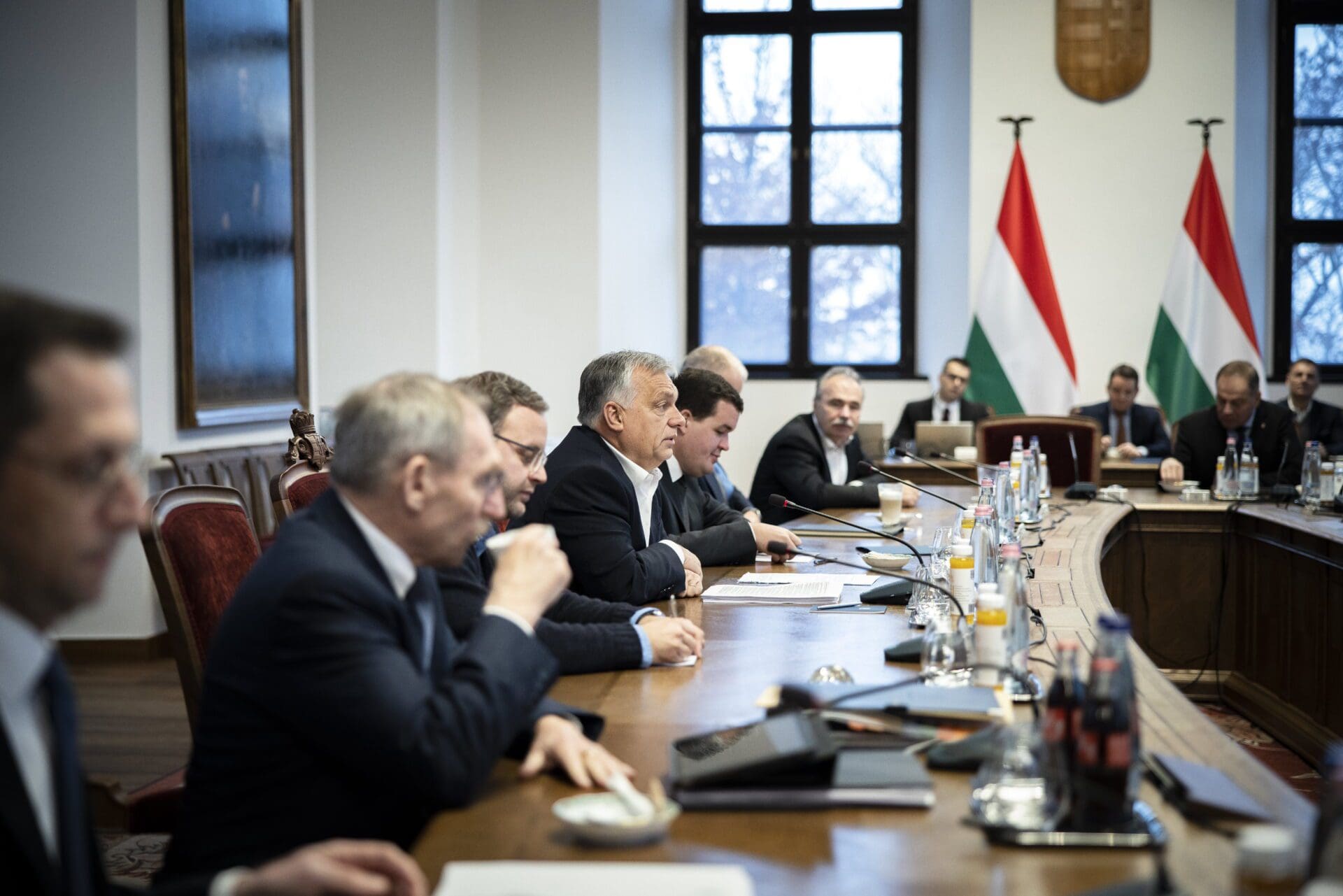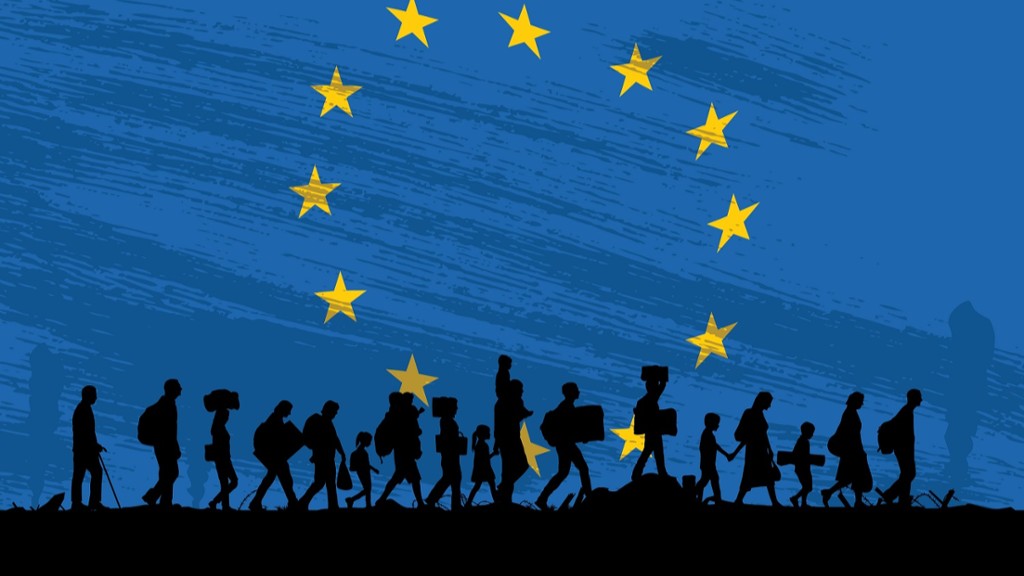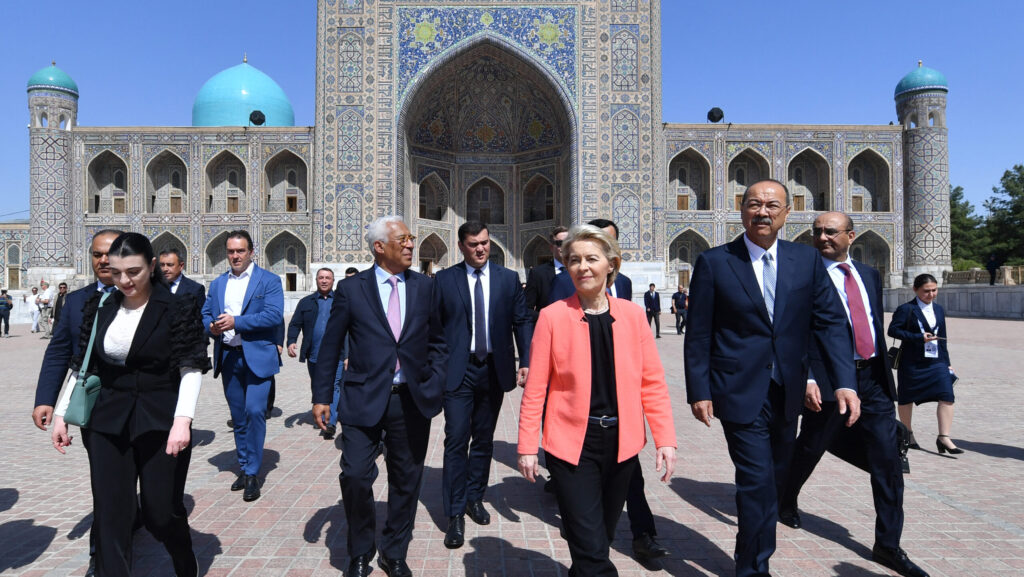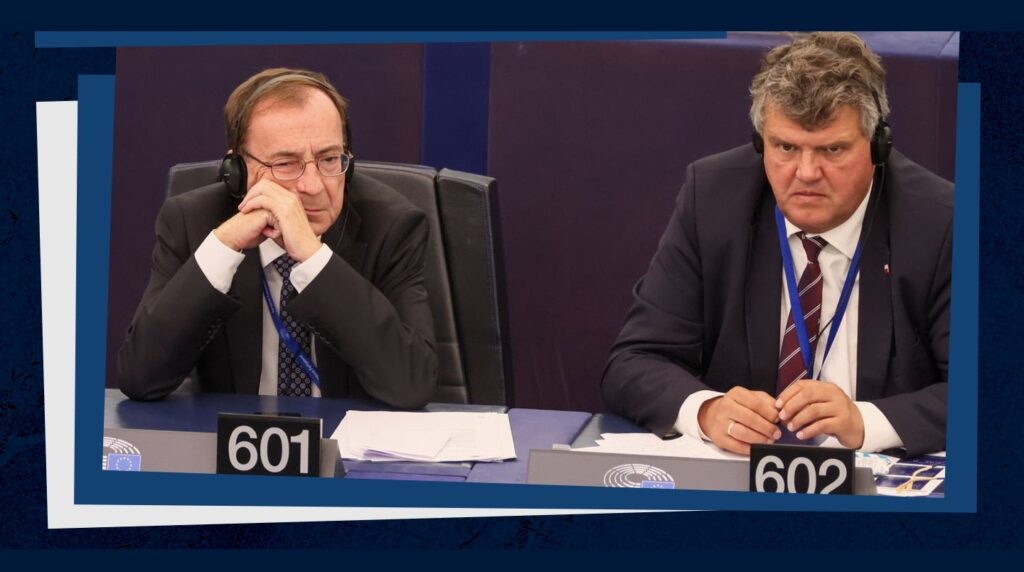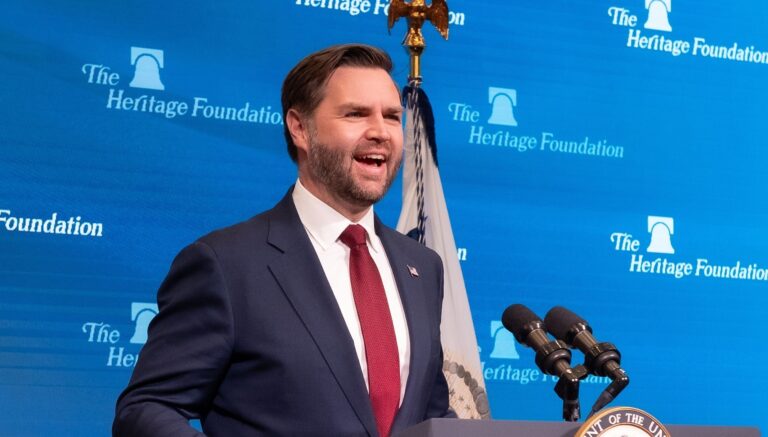At a private Christmas dinner event of the Széll Kálmán Foundation, in a wide-ranging speech Hungarian Prime Minister Viktor Orbán outlined the challenges and opportunities ahead of Hungary in the following years. Balázs Orbán, the Prime Minister’s political director, summarized the remarks on how Hungary could be a winner of the next decade in a piece published on Mandiner. The following is a summary of his article.
According to Viktor Orbán, the biggest strategic challenge facing Hungary in the next decade is to move out of the league of middle-income countries and catch up with the developed economies, and achieve a regional middle-power status within Central Europe. The article describes the geopolitical context of this strategic objective and the difficulties of and opportunities for its realization.
Following the fall of the Soviet Union, the unipolar world order led by the United States was essentially based on neoliberal principles. After the turn of the millennium, this world order began to show signs of fatigue. The financial and economic crisis of 2008 was not seen as a crisis of the world order yet but as a temporary economic downturn. However, the Hungarian right already envisaged a drastic change in the world order at the time, which was confirmed by the events of the following years.
‘The events of the 2010s, migration, Brexit and Donald Trump’s victory have shown that the neoliberal world order is not working as well as it used to and is therefore losing legitimacy. And the pandemic in 2020 once again brought to light the fragility of the neoliberal world order.’
Finally, the Russo-Ukrainian war has made it abundantly clear that the exclusively Western-centric world order is unsustainable, as the West’s challengers have grown stronger in the past years, precisely thanks to the liberal Western trade and economic model, which they have successfully used to reform their economies and join global trade.
The Risks of Breaking into Blocs
According to the Prime Minister’s assessment, Hungary has been on the right track in the past ten years to grow to prominence in the region, but the fragmented world order makes it difficult to follow this path. The current tumultuous geopolitical situation threatens to re-establish a Cold War-style, blocs-based international order, which could lead to Hungary’s marginalization and de-emphasis.
In response to the crisis of the world order, the US-led West is gradually severing, weakening or controlling its relations in what can be described in one word: ‘decoupling’. This, however, can lead to a Cold War-like bloc politics, a system of hierarchical networks existing side by side.
In a world order based on such blocs, all economic, political and cultural transfers pass through the leading states of these given blocs. These form the centre of the blocs, with the individual countries, understood as nodes under the centres, playing only a peripheral role.
‘This is particularly bad news for the European Union as a whole, but especially for its peripheral states, because in such a system the centre not only controls the links across the blocs but also takes on the task of allocating resources. In addition, any disruption in the supply chain of goods is first and most drastically felt in the periphery countries—and these countries have no means of changing the situation,’ Balázs Orbán noted.
Hungary’s historical experience also shows that a blocs-based world order leads to the country’s irrelevance. This was the case under Turkish rule, in the era of the Habsburg Empire and during the Soviet Union when Hungary was marginalized on the Western flank of the Eastern bloc.
In such a world order, Hungary would have exclusive relations only with the centre of the bloc it belongs to, while relations with other bloc countries would be lost. This would prevent the country from emerging from the ranks of middle-developed countries, the ultimate goal of the current strategy. Therefore it is connectivity, not decoupling what Hungary strives for, the minister stressed in his article. Instead of disconnecting, Hungary’s interest is to increase connectivity, as this follows from the country’s history, geography, and culture.
Connectivity as a Breakout Strategy
At this point, it is worth to say a few words about the methodology and approach of the strategy. The strategy observes the world through networks between countries and regions. This approach is based primarily on Scottish-American historian Niall Campbell Ferguson’s network theory written in his book The Square and the Tower published in 2018. One of Mr Ferguson’s insights is that when networks interact with each other, the result is innovation and invention. He also states that we are now in an era when entrenched hierarchical institutions are being challenged by modern technology-enhanced networks. Both ideas are echoed in the strategy.
The essence of the interconnectedness model is that in an international system conceived as a network, a country should seek to connect to other countries and market players at as many points as possible— Balázs Orbán explained. In such a model, there is no risk of marginalization, since a state can establish links with other economic actors, and initiatives cannot only come from the top of the hierarchy. This model gives countries considerable room for manoeuvre in shaping their economic relations and is therefore a particularly suitable breakout strategy, as the growing number of relations increasingly enhances the economic role of the country concerned.
According to Balázs Orbán, by following this approach, Hungary now has a realistic chance of leaving the trap of middle-income countries by the early 2020s. This assertion is backed up by the fact that in the last twelve years, Hungary has become the country that has come closest to the EU average in terms of GDP per capita. In 2010, this figure was 66 per cent of the EU average, and in 2021 the country will have reached 76 per cent of the average level of development. ‘So this is the most appropriate historical moment to put the Hungarian economy on a new path of growth through interconnectivity,’ the Hungarian PM’s advisor argued in his article.
The Next Steps
Balázs Orbán also outlined the concrete steps Hungary needs to take to rise above its former regional status through its economic performance. For example, Budapest needs to further increase foreign investment in working capital and build more links in the energy sector with major distribution hubs in the world and the wider region. Regional cooperation needs to be further strengthened, which is particularly important in an interconnected model of regional links. In this regard, the economic and geographic unity of the Carpathian Basin is highly suitable for such regional cooperation.
The Hungarian prime minister’s speech also emphasized that it is of paramount importance for Hungary to become more prominent in the international arena than it is at present, and public diplomacy is the primary tool for this. In order to achieve this prominence, the military, ICT, food, pharmaceutical and automotive sectors will be given greater emphasis as the industries most suitable for interconnectivity.
‘So this is Hungary’s strategy for winning this decade. The strategy is in place, it is well thought out, it is being implemented systematically, and everything is in place to exploit its potential. The task is not easy, and the path is perhaps more difficult than it has been so far. However, we all believe that our country is destined for great things and that we are standing at the gateway to a historic opportunity. And success depends on us. Let’s get to work!’, Viktor Orbán’s political director concluded his article summarizing the strategic vision of the Hungarian Prime Minister.
Related Articles

